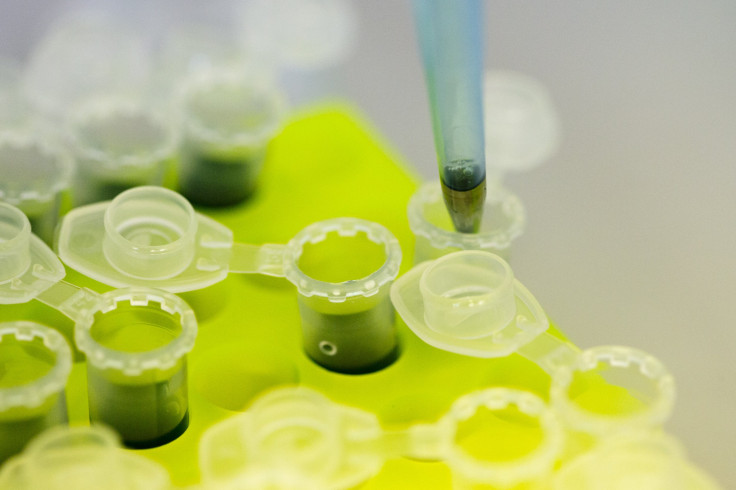Ebola Cure: Chinese Drugmaker To Fast-Track JK-05, Joins ZMapp, TKM-Ebola And Canadian Efforts

A Chinese drugmaker that was once a military scientific unit wants to fast-track an experimental Ebola cure, Reuters reported. Sihuan Pharmaceutical Holdings Group Ltd. and Academy of Military Medical Sciences are looking to file the JK-05 drug with the China Food and Drug Administration by the end of the year.
China, with its large investments in West Africa, has already donated millions in aid and supplies in response to the Ebola outbreak, and the new drug joins an international effort to stop the spread of the deadly virus. Drugs such as ZMapp, developed by Mapp Biopharmaceutical Inc., and TKM-Ebola, developed by Tekmira Pharmaceuticals Corporation, have been used to treat Ebola patients. ZMapp was most recently given to the Madrid nurse, Teresa Romero, who contracted Ebola on Oct. 6.
JK-05 was developed by the Academy of Military Medical Sciences and is already approved for emergency military use but could follow a process similar to a SARS vaccine that received a sped-up approval process, Reuters reported. The Chinese drug has been tested on mice and is similar to an Ebola treatment developed by Fujifilm subsidiary Toyama Chemical Co. Ltd. Prior to its use in humans, JK-05 will need to pass clinical trials and would need additional approvals to treat non-Chinese nationals.
Experimental drugs such as ZMapp and TKM-Ebola, while successful, have struggled to meet the demand for the treatments. Mapp has stopped production on other drugs in order to increase the ZMapp supply and is looking to partner with the Texas A&M Center for Innovation in Advanced Development and Manufacturing to increase capacity, the Washington Post reported. Due to the limited nature of previous Ebola outbreaks, larger pharmaceutical companies were not developing drugs to treat the virus, which has led to small companies trying to meet the demand.
A Canadian vaccine is currently in clinical trials, with results possible for December. If the drug is deemed safe and successful in the human trial, it could be used in early 2015.
© Copyright IBTimes 2024. All rights reserved.






















